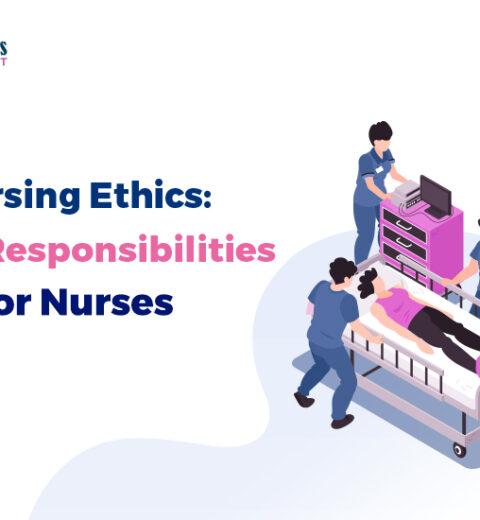Elective surgery delays in the UK and other countries in mid 2020 is a known fact. But what remains new is that the backlog still remains with several hospitals substantially struggling with reduced resources including nhs staff shortages.
By September 2020, England had nearly 140 000 patients alone waiting for their surgeries—that’s 100 times huge the number in 2019. With COVID-19 variants, cancellations, and the national lock downs around the UK, patients face much longer waits.
Elective surgery – the longest waiting list ever on record due to the COVID-19
In order to cope up with the COVID-19 patient list, the health-care systems across the world had to take crucial decisions by cancelling all non-emergency surgical procedures to better manage personnel and resources and UK is no exception.
Although the country planned well ahead its elective care, it surprisingly had around 10 million people waiting for the surgical procedures, with nearly 4 million from the pre-pandemic scenario! Of them, a big 100 000 patient’s joint replacement surgeries were delayed during the COVID’s first wave, due to which several of them are struggling with limited mobility and severe pain.
The case is worse in the US with a projection of more than a million spine and joint surgeries pending by mid-2022. Countries therefore calls for drastic measures to clear these backlogs.
Nearly 1.6 million fewer people completed elective care pathways between Jan 2020 and July 2021
Patients who undergo a complete care pathway come off the waiting list. Ideally when a definitive treatment begins, either the patient declines the treatment or there is a decision that the treatment is no more required.
From April to May 2020, the number of completed pathways fell drastically down during the pandemic. Though the NHS made greater progress in bringing things back to normal during the initial outbreak, the second wave agitated the routine urgent care treatment further, despite greater effort from the nation’s health service. The result now is an increased number of completed pathways doubling the pre-pandemic monthly totals.
Was the situation common everywhere?
The answer is an emphatic NO! The elective care wait lists continued to grow, with marginal recovering in areas of England.
Patients from destitute areas in England faced more delays and disruption than the others.
The pandemic made things worse throughout England, leaving with setbacks in the hospital services. The case was worse in people living in socioeconomically deprived areas of the country who faced greater confusion when it came to diagnosis and treatment. An earlier analysis about the delay and cancelled care for hip replacements in socioeconomically deprived areas are real proof of this.
Will the elective care backlog become better or worse?
According to the government, the elective care waiting list will only get longer to over 13 million, as described by Sajid David. But the government has been making initiatives to make things better. The ‘Building Back Better’ plan by the government for health and social care has committed £9bn to boost the NHS elective care activity of pre-pandemic levels by the years 2024 and 2025.
Despite the fund allocation, the government has declined to come up with a clearcut schedule to clear the backlog. The main reason for this could be due to the patients who could not or did not seek care ever since the pandemic started and who have not as of yet been added to the waiting list.
The missing patient numbers may increase in some parts of the country
Anyone can start a pathway, but that doesn’t mean they end in treatment. Similarly, not all missing patients will need healthcare. What if they have already been resolved through any other route? But the trusth is, those who haven’t yet received care might have seriously deteriorated in the interim, leading to more intensive treatment.
What remains unknown is the number of missing patients and the kind of treatment they would need. This question will have huge consequences in terms of the time and funding needed to handle the elective care backlog. This unreliability may even lead to scheduling treatment challenges in getting the most from the available capacity. An example of this could be weighing cancer, vascular surgery, cardiac surgery over osteoarthritis. However, throughout the UK, there had been initiatives like ‘Impossible to Ignore’ demanding government and policy makers not to ignore patients needs with arthritis and recude reduce joint replacement waiting lists safely.
Extended elective surgery delays are in certain the biggest problem the current health-care system is facing right now. Considering the long-term effects it cost on the patients, the health systems, and the society at large, the patients should not be ignored. At JP Medicals Recruitment we can supply quality nhs staff nurses to overcome nurses shortage to some extent. Contact us now.





